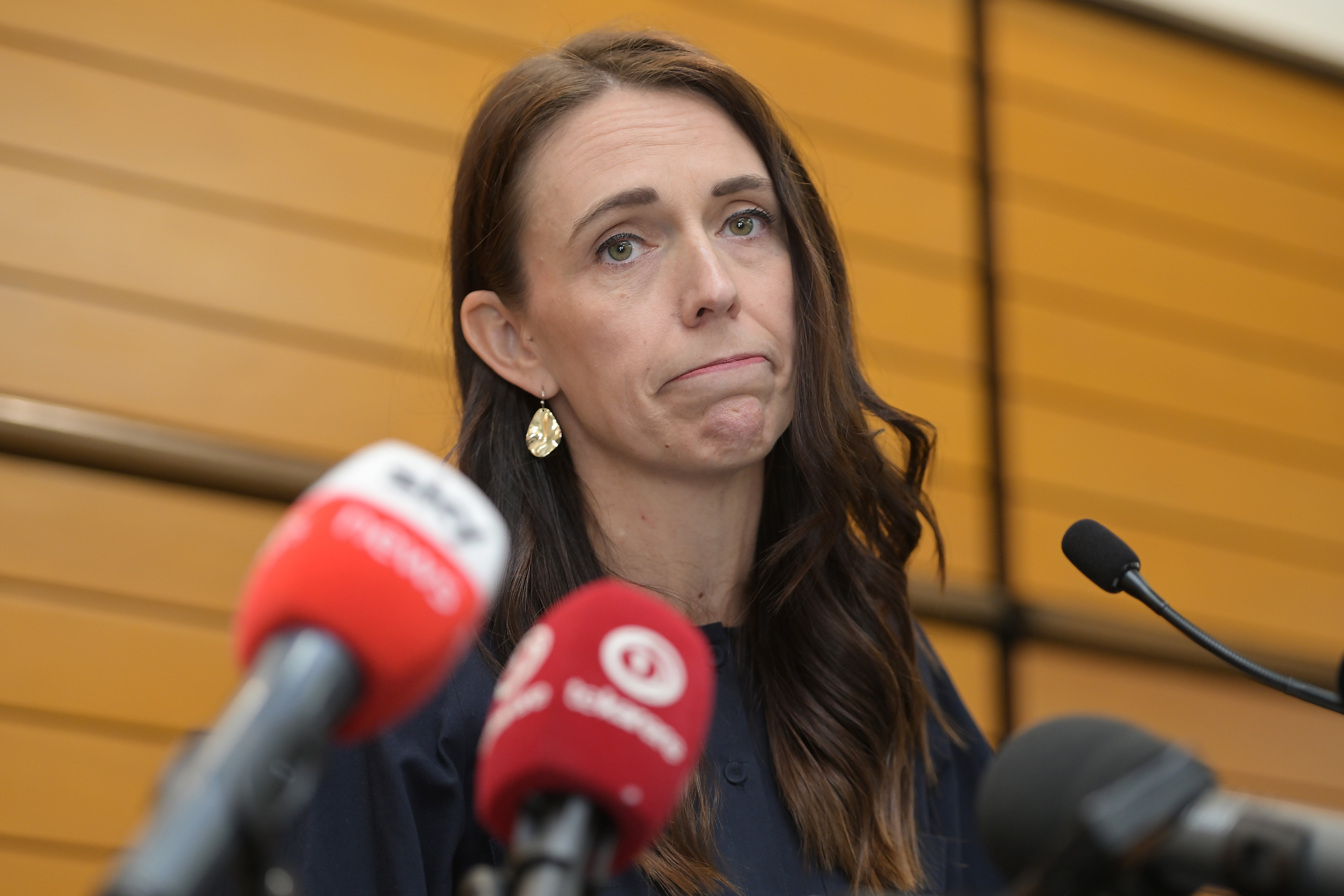
Nicola Sturgeon’s decision to step down as Scottish first minister highlights the pressures women politicians endure and the need to do more to keep them in their roles, campaigners say.
Ms Sturgeon, the first female first minister of Scotland, announced she was resigning at a news conference in Edinburgh on Wednesday after more than eight years in the job.
Remarking that politics is “brutal”, she said the job had taken a physical and mental toll on her and those around her.
“My point is this: giving absolutely everything of yourself to this job is the only way to do it. The country deserves nothing less. But, in truth, that can only be done, by anyone, for so long. For me, it is now in danger of becoming too long,” she said.
Her resignation comes after New Zealand PM Jacinda Ardern referenced burnout as she unexpectedly revealed she was stepping down from her role last month – saying she no longer had “enough in the tank”.
Jemima Olchawski, chief executive of leading gender equality charity, Fawcett Society, told The Independent the barriers to women entering politics “often seem insurmountable” but “we also know how hard it is for women to stay in politics once they get there”.
Ms Olchawski noted the charity’s recent research that revealed just 37 per cent of UK women MPs thought the culture in parliament was inclusive for them, compared to 55 per cent of men.
She added: “Every woman who breaks through these barriers makes it a little easier for the next. That these two women leaders [Surgeon and Ardern] sat in office and spent their time as key players on the global stage doesn’t mean the job of gender equality in politics is done.
“We must ensure that opportunities continue to be created for women to enter politics, and that the culture in our parliaments is inclusive to women.
“This means creating appropriate support systems, and tackling online abuse, sexism, racism and ableism across our democracies.”
Fawcett Society research also found that 93 per cent of women stated that online abuse or harassment was harming how they feel about serving as an MP.
Ms Olchawski added: “The disproportionate impact of political polarisation, online abuse, and offline threat directed toward women MPs, and Black and minoritised women MPs in particular, has important implications for democracy.”
She said such issues could curtail the chances of women politicians standing at the next election and recognised the issue as a “contribution” of both Ms Sturgeon and Ms Ardern’s experiences on their decision to stand down.
Ms Sturgeon previously revealed that she has endured death and rape threats on Twitter, while Ms Ardern also faced vitriolic online abuse, harassment and personal attacks.
Discussing the departure of the two prominent world leaders, Dr Shola Mos-Shogbamimu, a women’s rights activist, told The Independent attacks against women politicians were rooted in misogyny.
“It is important to recognise misogyny plays a huge part, in the lack of respect to, and attacks against female politicians, and what Jacinda and Sturgeon have done well is raise awareness of this,” she said.
“Women politicians face the same obstacles men face but with an extra layer of obstacles rooted in misogyny. It is routine for female politicians to receive death threats, rape threats, harassment, particularly for female politicians of colour, who also experience racial harassment and abuse.”

Dr Mos-Shogbamimu argued Ms Sturgeon and Ms Ardern’s departures were a particular “loss” to democracy.
She added: “Personally, I consider the stepping down of leaders like Sturgeon and Ardern a loss because they demonstrated a style of leadership that is progressive.
“When you compare them with other representatives in politics like Priti Patel and Suella Braverman, you can see they are a loss.”
Frances Scott, director and founder of 50:50 Parliament, a cross-party campaign to reach gender equality in Westminster, told The Independent the departure of the two female world leaders “makes a bad situation worse”.
She said: “It is sad to see these two female leaders step down. They have been progressive leaders. They have been blazing a trail that others can follow.
“Women are woefully underrepresented in terms of world leaders. It is absurd women who are the majority of the population are not rightfully represented. The world would be a better place if we had more women in leadership roles.
“Female leaders on the whole tend to be more prudent and less rash in their political decision-making. Women are more risk-averse. Diversity leads to better decision-making.”







